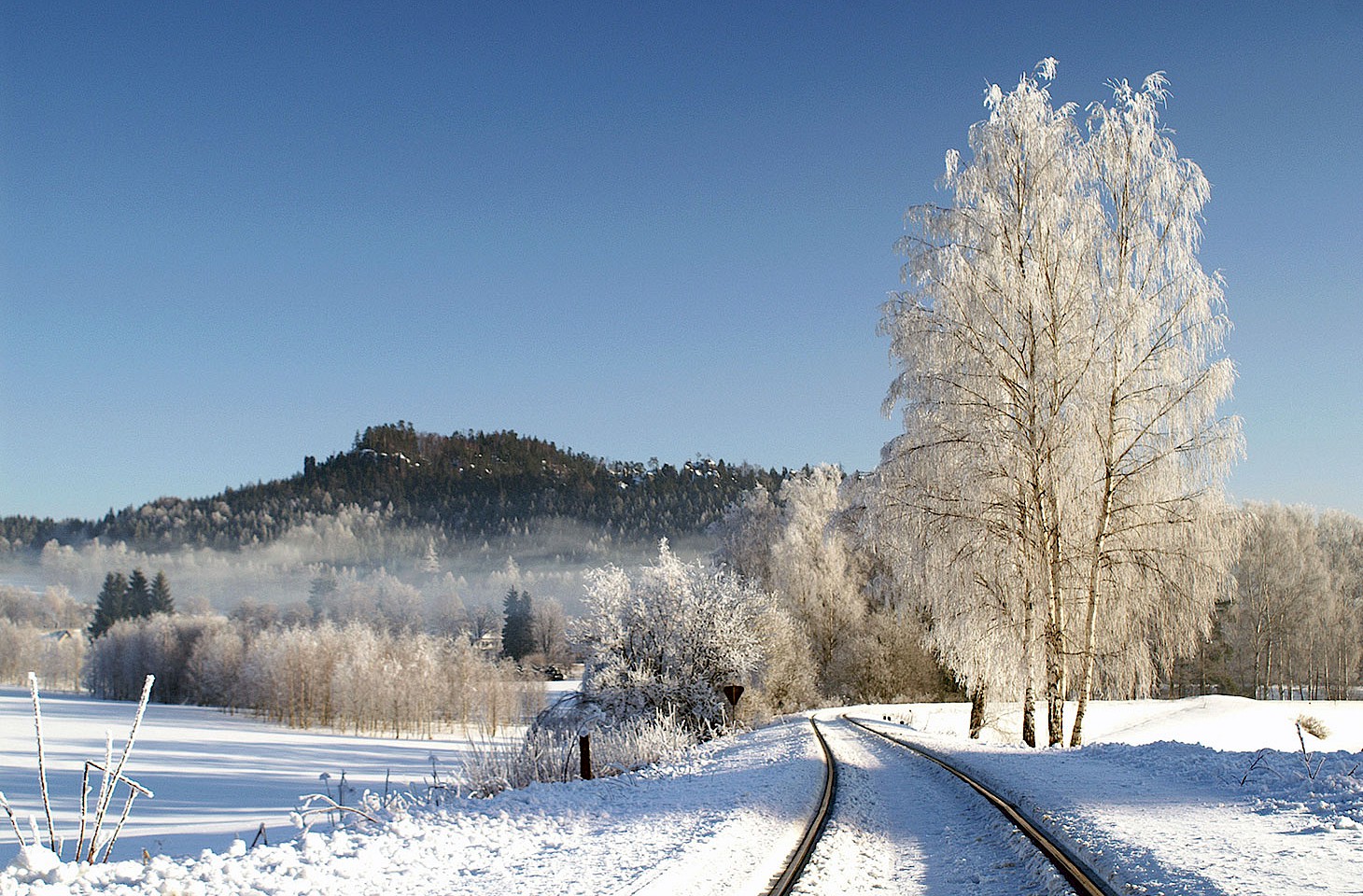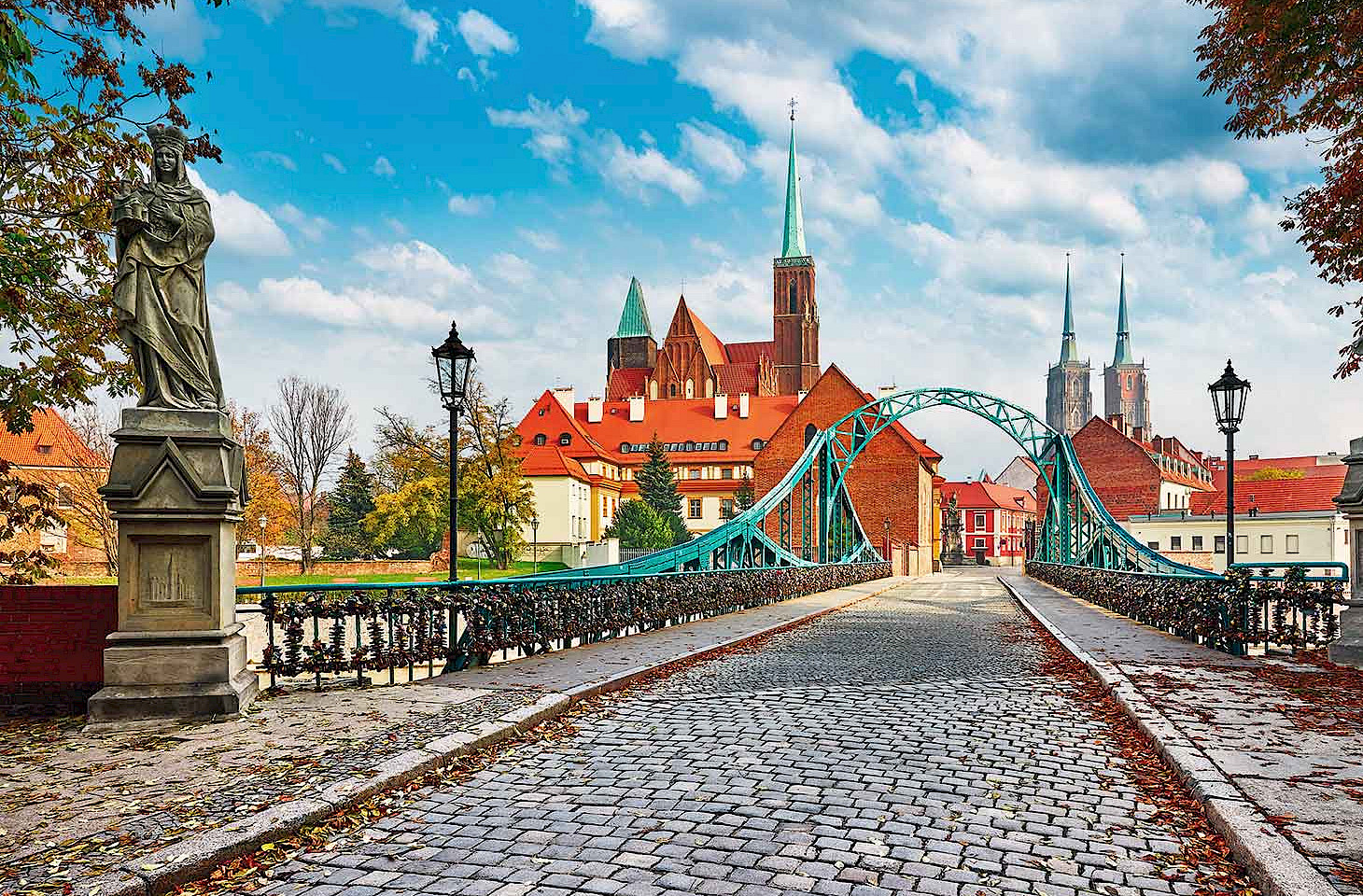One of the many delights of travelling across Europe is to find that local wine shops in small towns and villages are not all full of the same varietals that dominate the western European market. Supermarket shelves in western Europe are packed with ready reference bottles of often bland wines that have familiar names: Merlot, Chardonnay and Pinot Noir are but three. Somehow, geography is relegated to second place as the name of a familiar varietal takes precedence - producers and consumers collude in the myth that place no longer matters and that the blending of many grape types to create a pleasing wine is a redundant art.
But, even for those who have succumbed to the idea that the best wines are those made from a single type of grape, it pays to take a look beyond the familiar grapes which have a tight hold on the global market, and explore local varietals.




